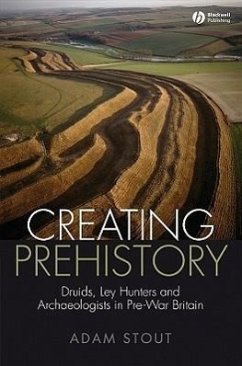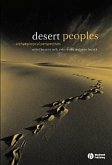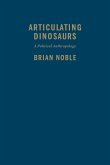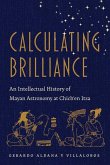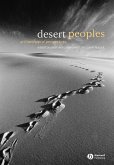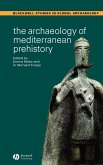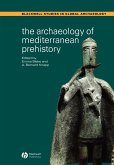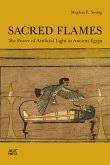In this highly original account, Adam Stout demonstrates for the first time how a generation of determined and scientifically minded young archaeologists succeeded in creating the discipline of today. Creating Prehistory deals even-handedly and sympathetically with the creation of several different sorts of prehistory during the volatile period between the two World Wars. The author weaves a fascinating tale of the personalities and institutions involved in the development of archaeology and the marginalization of its competitors. He investigates the influence of the Diffusionists and their much-neglected pacifism, the controversial reappearance of the Druids at Stonehenge, and the sensational popularity of The Old Straight Track. This book is a must-read for anyone interested in today's fascination with the prehistoric past.
Hinweis: Dieser Artikel kann nur an eine deutsche Lieferadresse ausgeliefert werden.
Hinweis: Dieser Artikel kann nur an eine deutsche Lieferadresse ausgeliefert werden.
"The volume will be sure to engender discussion in the UK, but will be of more peripheral utility to Americanist students of the history of science." (Choice Reviews, June 2009)
"By respecting themes typically dismissed by archaeologists, Stout has created an important new history of the emergence of modern British archaeology. His enthusiasm and wisdom, his considerable new research and his engaging style make this both entertaining and convincing." (Landscapes, Autumn 2008)
"A lively and thoroughly engaging read which grabs the reader's attention from the start ... .Stout's excellent work is, of course, more than just a set of entertaining anecdotes; it is informative, illuminating and important ... .An essential read." (The Prehistoric Society, March 2009)
"Creating Prehistory is radical and passionate, welcome things in a world of academic research that is itself increasingly professionalised ... The story that Stout tells so well is far from irrelevant for archaeology. Not only does it shed light on the exclusions of the discipline and how they have come to exist, it also shows in compellingly human detail that the study of prehistory is never only, never really about the distant past at all." (British Archaeology, January February 2009)
"An excellent new book ... .[Stout] reminds us how much the pioneer lay hunters were also strongly involved in the growing outdoor movement of the pre-war years." (Cambrian News, January 2009)
"A fascinating account of archaeology in the first half of the 20th Century." Western Daily Press"It is a complex story and Stout tells it well ... He is good at linking apparently disparate phenomena." (Morning Star)
"By respecting themes typically dismissed by archaeologists, Stout has created an important new history of the emergence of modern British archaeology. His enthusiasm and wisdom, his considerable new research and his engaging style make this both entertaining and convincing." (Landscapes, Autumn 2008)
"A lively and thoroughly engaging read which grabs the reader's attention from the start ... .Stout's excellent work is, of course, more than just a set of entertaining anecdotes; it is informative, illuminating and important ... .An essential read." (The Prehistoric Society, March 2009)
"Creating Prehistory is radical and passionate, welcome things in a world of academic research that is itself increasingly professionalised ... The story that Stout tells so well is far from irrelevant for archaeology. Not only does it shed light on the exclusions of the discipline and how they have come to exist, it also shows in compellingly human detail that the study of prehistory is never only, never really about the distant past at all." (British Archaeology, January February 2009)
"An excellent new book ... .[Stout] reminds us how much the pioneer lay hunters were also strongly involved in the growing outdoor movement of the pre-war years." (Cambrian News, January 2009)
"A fascinating account of archaeology in the first half of the 20th Century." Western Daily Press"It is a complex story and Stout tells it well ... He is good at linking apparently disparate phenomena." (Morning Star)

